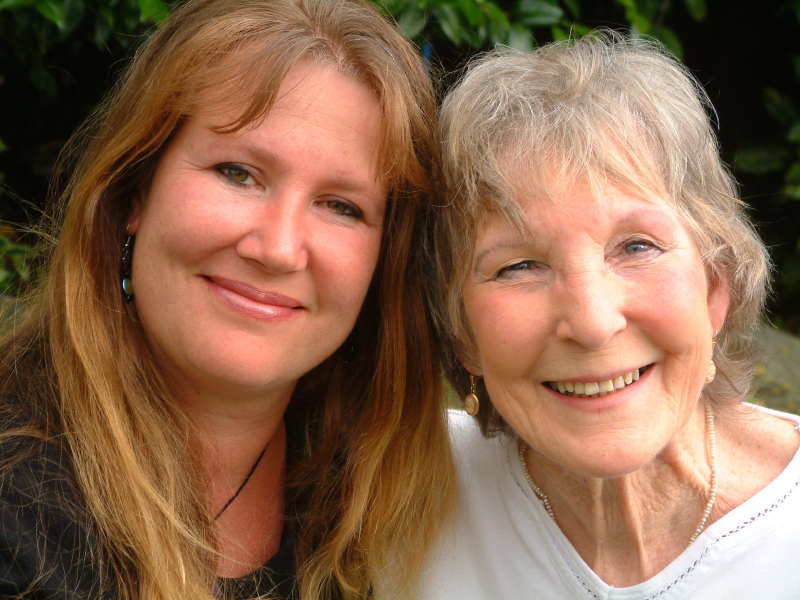 Elder abuse, like other types of domestic violence, is extremely complex. Every year, it is estimated that 2.1 million older Americans are victims of physical, psychological, and other forms of abuse and neglect. However, abuse to elders is a crime that often goes unreported – statistics show that only one out of every 14 cases is reported to authorities.
Elder abuse, like other types of domestic violence, is extremely complex. Every year, it is estimated that 2.1 million older Americans are victims of physical, psychological, and other forms of abuse and neglect. However, abuse to elders is a crime that often goes unreported – statistics show that only one out of every 14 cases is reported to authorities.
WHAT IS ELDER ABUSE?
Elder abuse is defined as any knowing, intentional, or negligent act by a caregiver or any other person that harms or poses a serious risk of harm to an older adult. In approximately 90 percent of cases, perpetrators of abuse in later life are family members.
TYPES OF ELDER ABUSE
- Physical abuse ‐ Use of force to threaten or physically injure a vulnerable elder
- Emotional abuse ‐ Verbal attacks, threats, rejection, isolation, or belittling acts that cause or could cause mental anguish, pain, or distress to a senior
- Sexual abuse ‐ Sexual contact that is forced, tricked, threatened, or otherwise coerced upon a vulnerable elder, including anyone who is unable to grant consent
- Exploitation ‐ Theft, fraud, misuse or neglect of authority, and use of undue influence as a lever to gain control over an older person’s money or property
- Neglect ‐ A caregiver’s failure or refusal to provide for a vulnerable elder’s safety, physical, or emotional needs
- Abandonment ‐ Desertion of a frail or vulnerable elder by anyone with a duty of care
WHO IS AT RISK?
Elder abuse can occur anywhere – in the home, in nursing homes, or other institutions. It affects seniors across all socio‐economic groups, cultures, and races.
DID YOU KNOW?
- Research shows that elders who have been abused are more likely to die earlier than those not living with abuse, even in the absence of chronic or life-threatening conditions.
- Several studies show that the rates of elder abuse rise as the age of the victims rises.
- About 48 percent of substantiated cases of abuse involve older adults who are not physically able to care for themselves.
- Elder sexual abuse consists of non-consensual sexual contact of any kind including non-physical contact such as forced viewing of pornography, forced listening of sexual accounts, and sexual exploitation.
- Victims of elder sexual abuse are most often females over 70 years of age who are totally dependent or functioning at a low level.
WHAT SHOULD YOU DO IF YOU SUSPECT ELDER ABUSE?
- If you or someone you know is in a life threatening situation or immediate danger, call 911.
- Report your concerns – remember, most cases of elder abuse go undetected – don’t assume that someone has already reported a suspicious situation. To report suspected elder abuse, neglect, or exploitation in Florida:
- (800) 962-2873 (For suspected elder mistreatment in the home).
- (800) 453-5145 (For suspected elder mistreatment in the home, TDD/TTY access).
- (888) 831-0404 (For suspected elder mistreatment in long-term care facilities).
- For other states’ reporting numbers, visit the National Coalition on Elder Abuse website or call the Eldercare Locator at (800) 677‐1116.
*Information and statistics from National Coalition Against Domestic Violence, www.ncadv.org , and the National Center on Elder Abuse, www.ncea.aoa.gov.
If you or someone you know is in an abusive relationship please call the Hubbard House 24-hour domestic violence hotline at (904) 354-3114 or (800) 500-1119. Hubbard House can help.
ABOUT HUBBARD HOUSE
Founded in 1976, Hubbard House is a certified, comprehensive domestic violence center providing programs and services to more than 6,000 women, children and men annually in Duval and Baker counties. While Hubbard House is most known for its emergency shelter, the agency also provides extensive adult and youth outreach services, school-based education, therapeutic child care, batterers’ intervention programs, court advocacy and volunteer and community education opportunities. Visit www.hubbardhouse.org to learn more.
